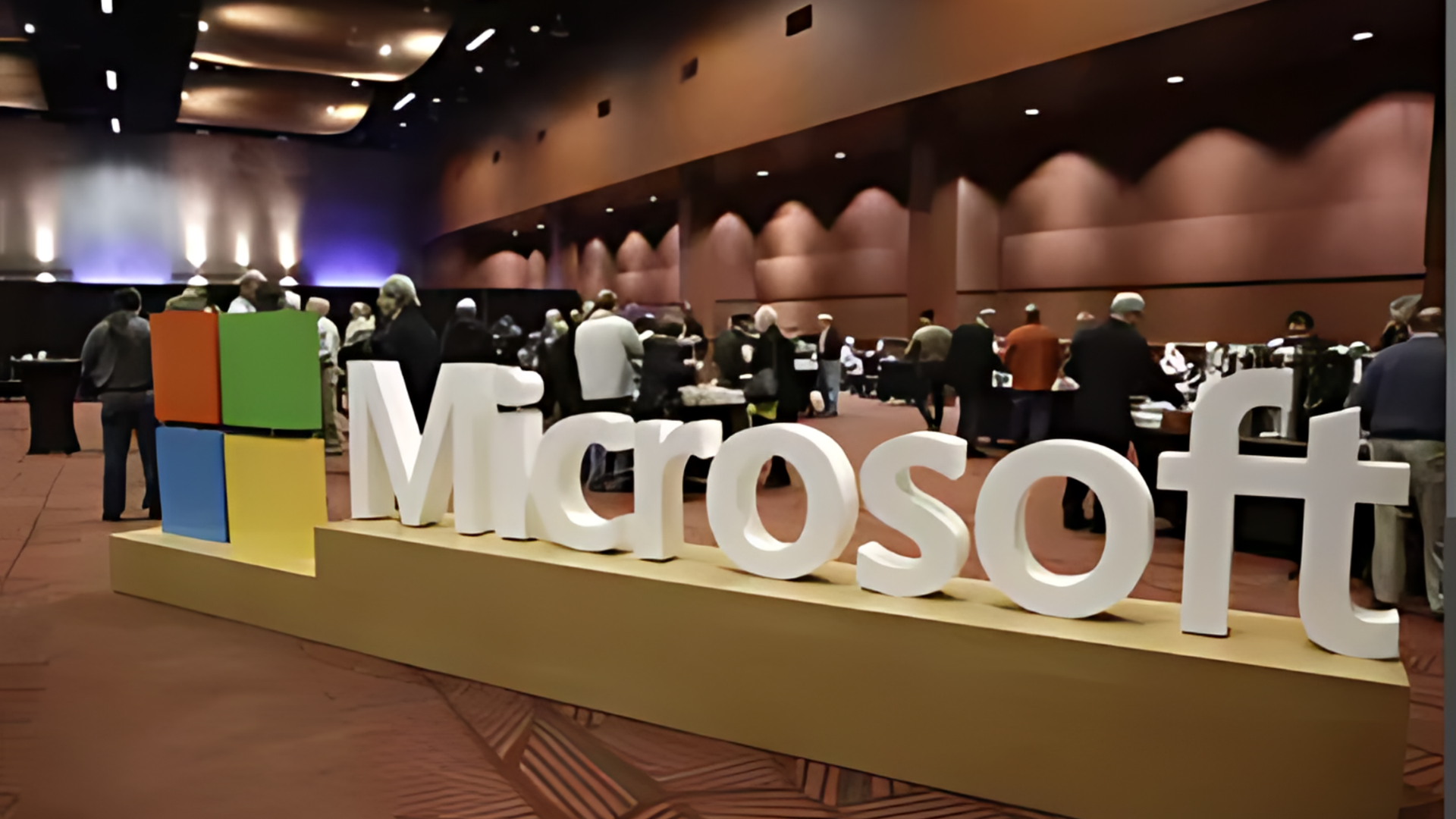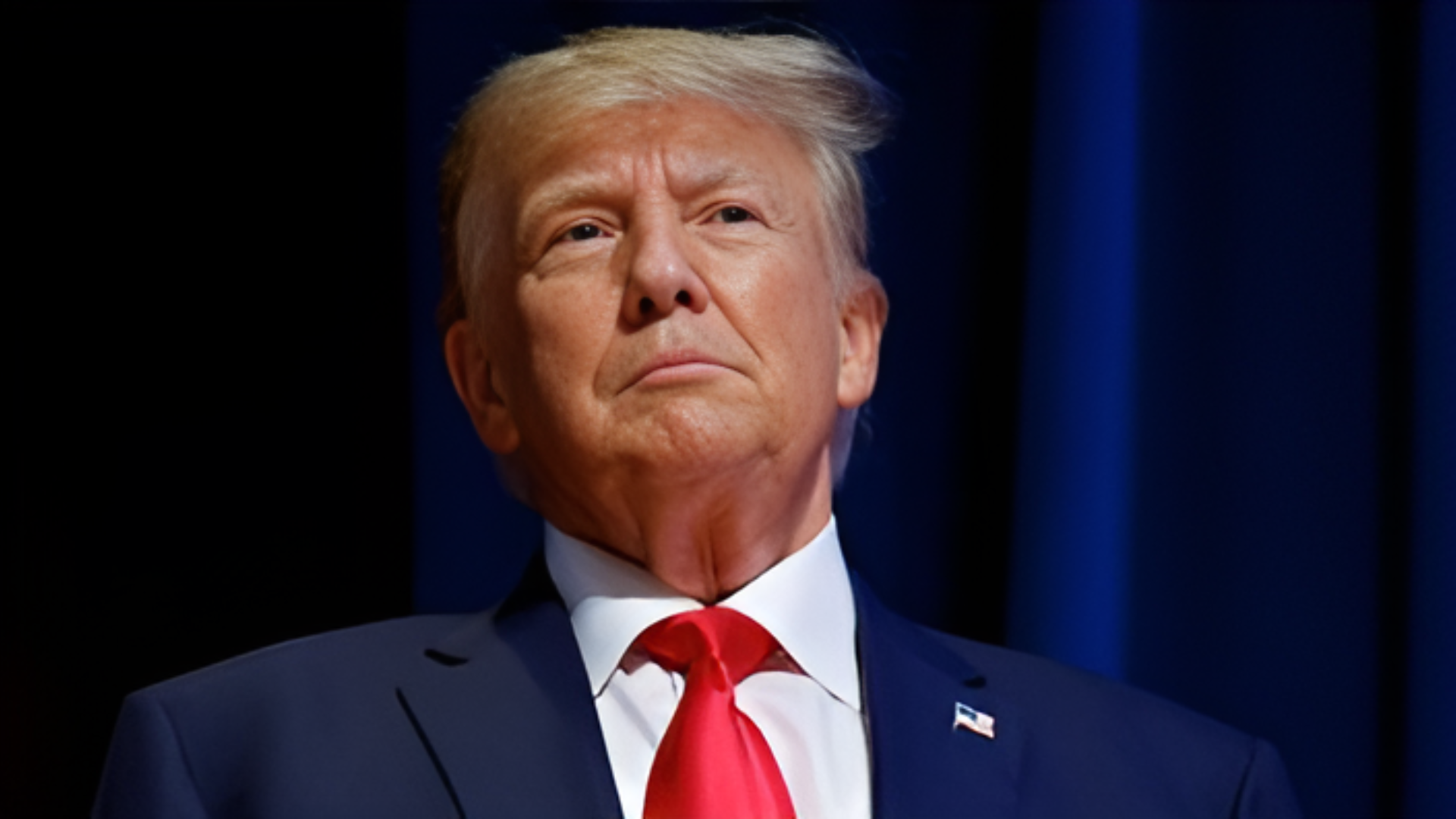A recent video featuring Microsoft CEO Satya Nadella has gone viral, capturing the attention of tech enthusiasts and industry leaders alike. In the clip, Nadella introduces “Recall,” a powerful artificial intelligence (AI) tool designed to enhance productivity by providing users with a photographic memory-like capability. The feature works by taking constant screenshots to “remember and understand everything you do on your computer.”
Among those who reacted to this new development was billionaire entrepreneur Elon Musk, who expressed his disapproval of the tool. Musk, known for his outspoken views on AI and technology, took to X (formerly Twitter) to voice his concerns. “This is a Black Mirror episode. Definitely turning this ‘feature’ off,” he remarked, referencing the Netflix series ‘Black Mirror,’ which explores the darker side of advanced technologies and their impact on society.
This is a Black Mirror episode.
Definitely turning this “feature” off. https://t.co/bx1KLqLf67
— Elon Musk (@elonmusk) May 20, 2024
The video, which has amassed over 16 million views on X, shows Nadella explaining the capabilities of Recall. According to Nadella, the tool goes beyond traditional keyword search by employing semantic search over all user history, allowing for the recreation of past moments. He highlighted that Recall will be integrated into PCs alongside Copilot, another AI tool launched last year as a successor to Microsoft’s voice assistant, Cortana.
The announcement has sparked a significant amount of criticism from the public. Many users have expressed concerns over privacy and potential misuse. One user commented, “Yeah, no thanks. Don’t need to pay Microsoft a monthly fee to spy on me,” while another questioned the practicality of the tool, stating, “Bro they can’t even get searching via the start menu right and we’re supposed to believe this will just work.” A third user drew parallels to past issues with Windows, noting, “Remember back in the day where Windows would cache snapshots and they would fill the hard drive and crash everything and make it impossible to use the system?”
In response to the backlash, Microsoft has emphasized that Recall will prioritize user privacy. According to a blog post by the company, all data captured by Recall will be stored locally on the user’s device. Users will have the ability to delete individual snapshots, adjust or delete ranges of time, and pause the feature at any point from the System Tray on the Taskbar. Additionally, users can filter out specific apps and websites from being saved. Microsoft assured users that they will maintain control over their data with robust privacy settings.
Satya Nadella says Windows PCs will have a photographic memory feature called Recall that will remember and understand everything you do on your computer by taking constant screenshots pic.twitter.com/Gubi4DGHcs
— Tsarathustra (@tsarnick) May 20, 2024
Despite these assurances, the debate over the implications of such a tool continues. Critics argue that the potential for abuse and the invasion of privacy are significant concerns that need to be addressed. As AI technologies like Recall become more integrated into daily life, the discourse around privacy, security, and the ethical use of AI is likely to intensify.
time to buy stock of whatever physical porn magazines are still in business
— Liv Boeree (@Liv_Boeree) May 20, 2024
This is a terrible idea. A violation of privacy, and a waste of resources besides. Whoever decided to implement this needs to be sent to prison for life
— Steakdriven 🇺🇲⚔🐉🥃🍖🎸🚗 (@steakdriven) May 20, 2024
How is that a good idea?
100% ubiquitous surveillance?— Kai Hypko (@KaiHypko) May 20, 2024
No person who is capable of thinking for themselves will fall for this.
Microsoft, the biggest company in the world by market cap currently, has gone to an absurd length to limit, dictate and control what you can do when you use their products.
They’re after your data and… pic.twitter.com/yeDJTQ0L81
— Han Rhee (@hanrhee2019) May 21, 2024
The development of Recall reflects the ongoing advancements in AI and its increasing role in enhancing user experiences. However, it also underscores the need for careful consideration of the ethical and privacy implications associated with these powerful technologies. As the tech community and the public continue to grapple with these issues, the response to tools like Recall will shape the future of AI integration in personal and professional settings.











